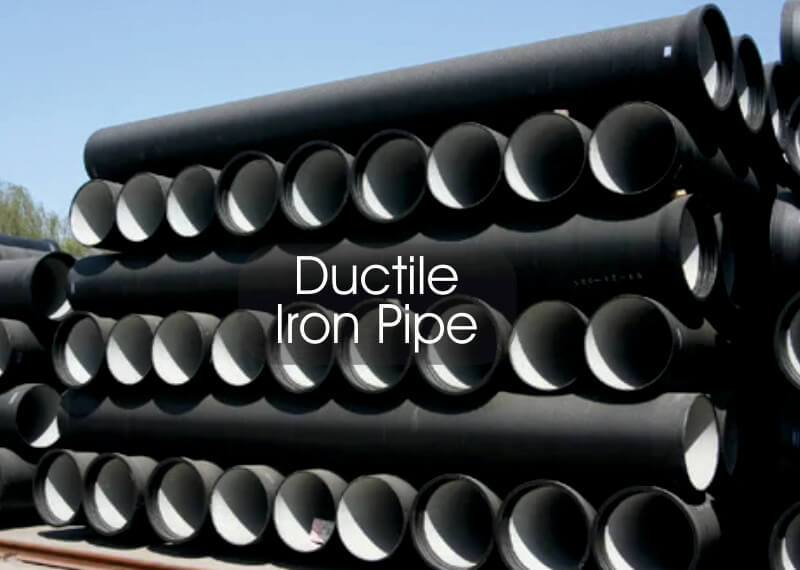
In the realm of piping materials, ductile iron stands out as a robust and versatile option, offering a combination of strength, durability, and flexibility. Ductile iron pipes have been a cornerstone in infrastructure projects worldwide, playing a vital role in delivering clean water, managing wastewater, and supporting various industrial applications. In this blog post, we delve into the characteristics, advantages, and applications of ductile iron pipe, highlighting its significance in modern engineering and construction.
Understanding Ductile Iron Pipe
Ductile iron, a type of cast iron, possesses a unique microstructure characterized by spherical graphite nodules dispersed throughout its matrix. This microstructure imparts remarkable mechanical properties to the material, enhancing its tensile strength, ductility, and impact resistance compared to traditional cast iron. The manufacturing process involves the addition of magnesium to the molten iron, which facilitates the formation of graphite nodules, hence the term "ductile" iron.
Strengths and Advantages Exceptional Strength: Ductile iron pipes exhibit high tensile strength, enabling them to withstand internal and external pressures encountered in various applications. This strength makes them suitable for underground installations, where they must endure soil loads and traffic loads without compromising performance.
Corrosion Resistance: Unlike some other materials, ductile iron pipes offer inherent corrosion resistance. The protective oxide layer that forms on the surface provides a barrier against aggressive substances, ensuring long-term integrity and minimal maintenance requirements.
Flexibility: Ductile iron pipes possess sufficient flexibility to accommodate ground movements and settlement, reducing the risk of fractures or failures. This flexibility is particularly beneficial in areas prone to seismic activity or expansive soils.
Longevity: With proper installation and maintenance, ductile iron pipes boast an extended service life, often exceeding 50 years or more. This longevity translates to cost savings over the life cycle of a project, making them a cost-effective choice for infrastructure investments.
Hydraulic Performance: Ductile iron pipes offer smooth internal surfaces that minimize frictional losses, contributing to efficient fluid conveyance and optimized hydraulic performance. This characteristic is crucial for water distribution systems, where minimizing energy consumption and maximizing flow rates are paramount.
Applications
Water Distribution: Ductile iron pipes are widely used in potable water distribution networks, delivering clean and safe drinking water to communities. Their reliability, longevity, and corrosion resistance make them the preferred choice for municipal water systems worldwide.
Wastewater Management: In wastewater collection and conveyance systems, ductile iron pipes play a vital role in transporting sewage and stormwater to treatment facilities. Their durability and resistance to abrasion and corrosion ensure reliable performance in these demanding environments.
Industrial Applications: Ductile iron pipes find applications in various industrial sectors, including mining, power generation, and chemical processing. They are used for conveying abrasive slurries, corrosive chemicals, and high-temperature fluids, thanks to their robust construction and chemical resistance.
Fire Protection: Ductile iron pipes are integral components of fire protection systems, supplying water to sprinkler systems and hydrants. Their strength and reliability make them ideal for ensuring adequate water distribution in emergency situations, safeguarding lives and property.
